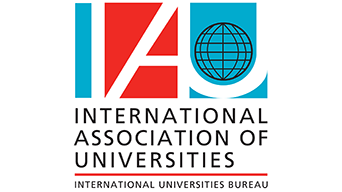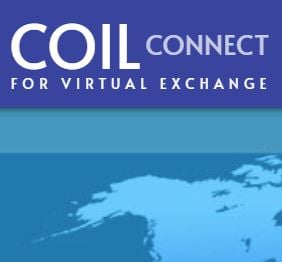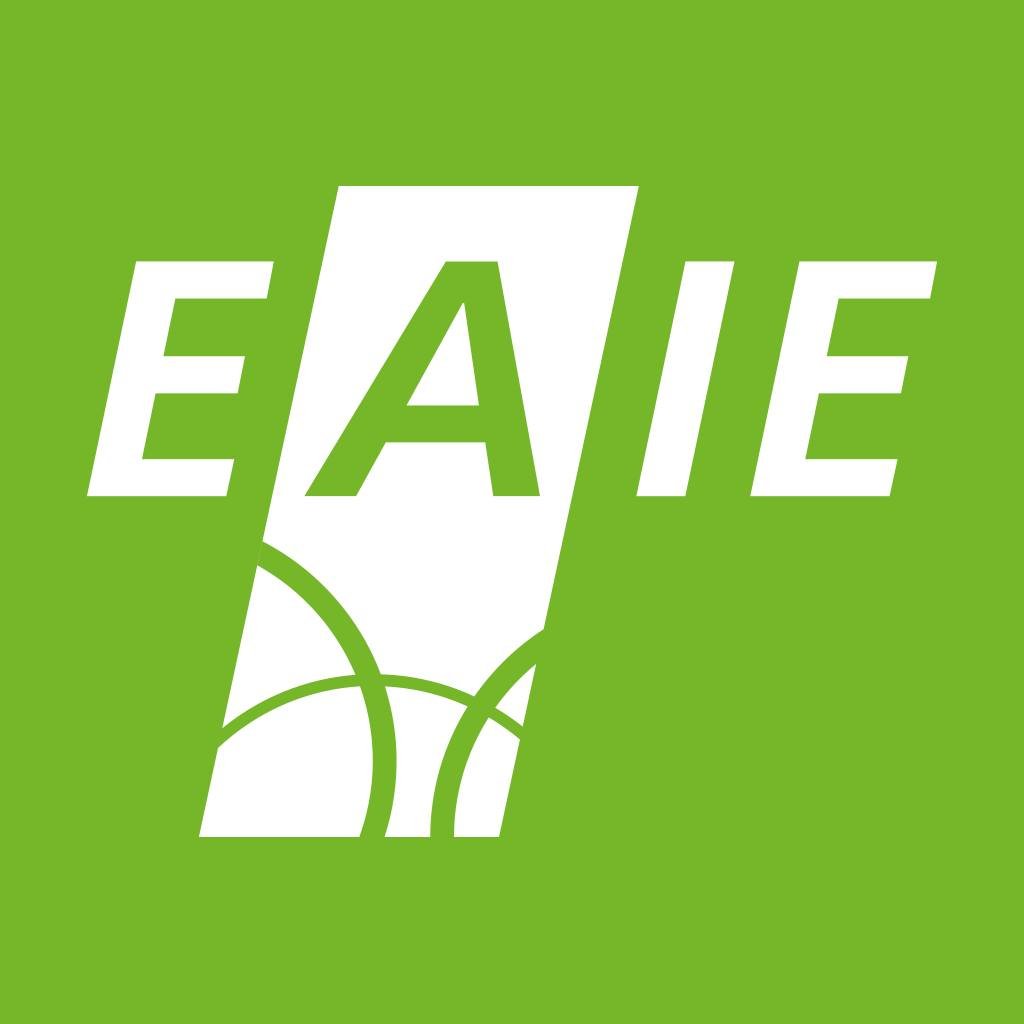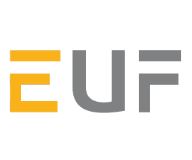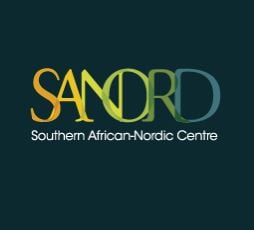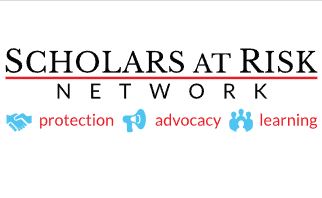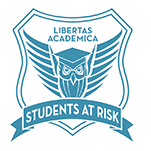International institutional networks
HVL takes part in several international institutional networks. The purpose of participation is to facilitate that HVL as an institution, through employees who participate actively , stays up to date and to use these platforms to influence developments in higher education and research in general and within relevant areas.
Priority areas for IAU
Leadership
“Leadership is a core aspect of quality higher education, vital in enabling institutions to respond to complex challenges and rapid societal change. Higher education leadership must be underpinned by values and responsibility. Leadership must be adaptable and constantly evolving to ensure always more equity. It is essential that higher education institutions fully contribute to the development of sustainable & democratic societies”
Sustainable development
“Since 1993, IAU advocates for the key role higher education plays in achieving sustainable development. IAU’s actions in support of the 2030 Agenda for Sustainable Development provide a framework for universities to develop inter-institutional collaboration in pursuit of sustainable development. The aim is to assist higher education leaders wishing to embed sustainable development concepts and principles in strategic planning, academic and organizational work.”
Internationalisation
“Internationalisation of higher education is an inevitable process in the era of globalization and a deliberate strategy for improving quality and relevance. IAU focuses on the academic rationales, the equitable and collaborative nature of the process and aims to minimize the adverse effects of international interactions when these take place in highly unequal and diverse contexts among HEIs with different, resources, needs and interests.”
Technology
“Technology has an important impact on all aspects of higher education worldwide. It brings new opportunities; yet, its use to improve higher education is uneven from region to region, from country to country, and from an institution to another within a country. IAU’s action in this area aims to fully harness the potential of technology as a means to improve the quality of higher education and to increase access to knowledge and education for all.”
IAU meeting points
In addition to the Global Leadership Forum and the annual membership conference, the IAU organizes conferences and events related to higher education worldwide.
Contact person at HVL
Priority areas
- to create a collaborative forum for institutions that practice COIL
- to share resources and best practices within COIL
Meeting places
- online webinars and webpage
Contact person at HVL
Priority areas for EAIE
Members can participate in various interest groups that cover all aspects of international cooperation.
EAIE meeting points
In addition to the various interest groups, the annual conference is the most important meeting point for the EAIE network.
Contact person at HVL
Priority areas for EUA
EUA represents the interests of universities by influencing political decision-making processes at European level within five priority areas:
Higher education policy
EUA develops and publishes annual Trend Reports and provides input to the development of EU framework programmes for research and education such as Horizon Europa and Erasmus+.
Research and innovation
Coordinates EUA council for Doctoral Education which is a network of universities offering PhD education programmes and focuses on the development of European PhD education through exchange of experiences.
Internationalisation of higher education and research
EUA offers support for developing internationalisation strategies at an institutional level and facilitates the creation of networks and meeting places with regions outside Europe.
Autonomy and finances
Coordinates EUA’s Funding forum which is a biennial European event for university leaders and managers, policymakers, as well as researchers, to share, learn, grow and improve in strategic governance and funding matters.
Strengthen the quality of European higher education
Coordinates Institutional Evaluation Programme (IEP) which is a programme to support higher education institution and systems in developing their strategic leadership and their capacity to manage change through a process of voluntary institutional evaluations.
Organises The European Quality Assurance Forum which is an annual meeting place.
EUA meeting points
In addition to an annual conference, separate steering groups and working groups have been established for various priority areas in which HVL participates.
- Learning & Teaching Steering Committee
- EUA Council for Doctoral Education Steering Committee
- Research Policy Working Group
- Expert Group on Science 2.0/Open Science
- EUA Innovation Ecosystems Expert Group
- High-Level Group on Big Deals
Contact person at HVL
Priority area for EUF
The foundation focuses on five areas:
- High- quality mobility
- Employability
- Policy innovation
- Digital higher education
- Active citizenship
EUF meeting points
HVL is a member of EUF due to the work of simplifying and digitalising the application processes for students exchange and participates in relevant networks related to this work. EUF organizes webinars, workshops and conferences within all five focus areas.
Contact person at HVL
SANORD meeting points
The annual SANORD conference is held every other year in a Nordic country and a country in Southern Africa.
SANORD also promotes other collaborative activities such as professional conferences, seminars and workshops, offers educational programs and courses for Nordic and African students, contact with business and the media. Cultural exchange are key activities in SANORD.
Scholarships
SANORD manages scholarship funds for students from southern Africa who wish to take a semester at a Nordic university at master- or PhD level. The network also provides support to researchers for participation in the annual conference and support for research networks.
Contact person at HVL
Priority areas for SAR
The main purpose of the network is to protect persecuted academics living under threat, promote academic freedom and defend everyone’s right to think, ask questions and share ideas freely and safely. This is done by political pressure, through information, advice, legal aid and more.
One of SAR’s most important tasks is to give persecuted researchers a refuge at a host institution outside their home country.
Meeting places in SAR
SAR Norway holds a members’ meeting twice a year. A global congress is held every other year.
SAR also arranges seminars and working groups to discuss and promote pressing issues related to academic freedom and higher education.
Contact person at HVL
Priority areas for StAR
Secure academic freedom
Internationalisation
Peace and democratisation
Meeting places in StAR
HVL participates in meetings with DIKU, UDI and other educational institutions involved in the collaboration.
Contact person at HVL

